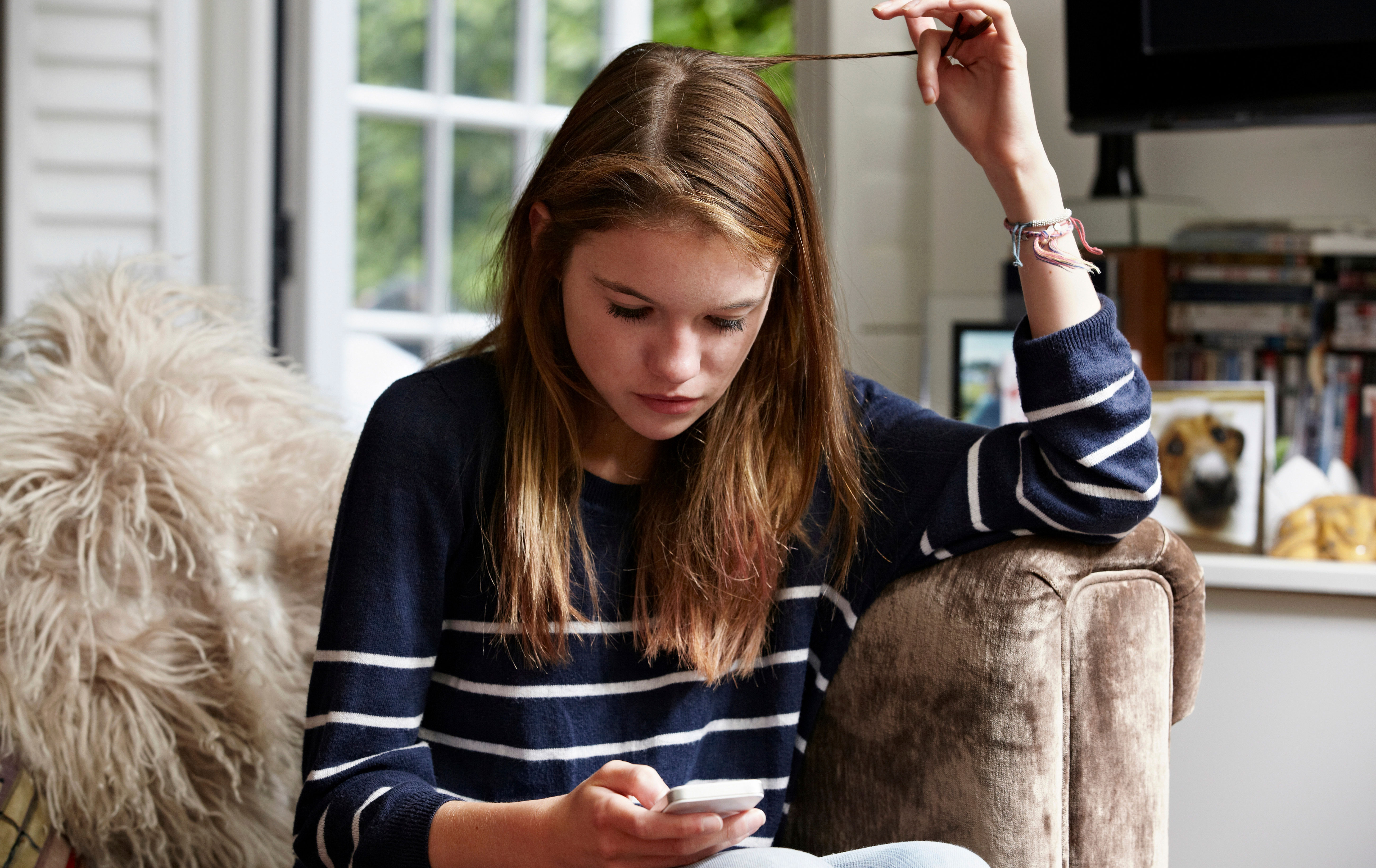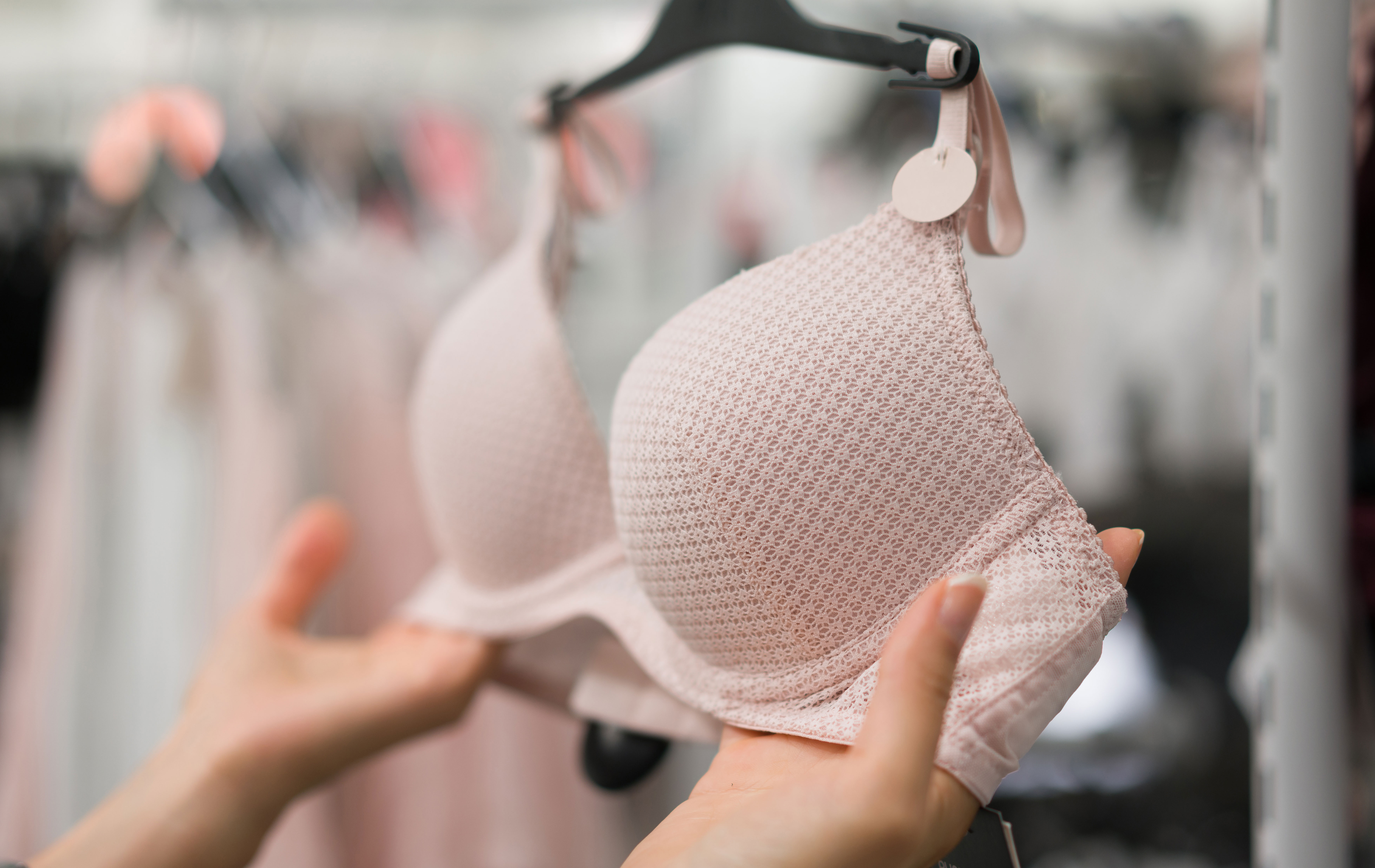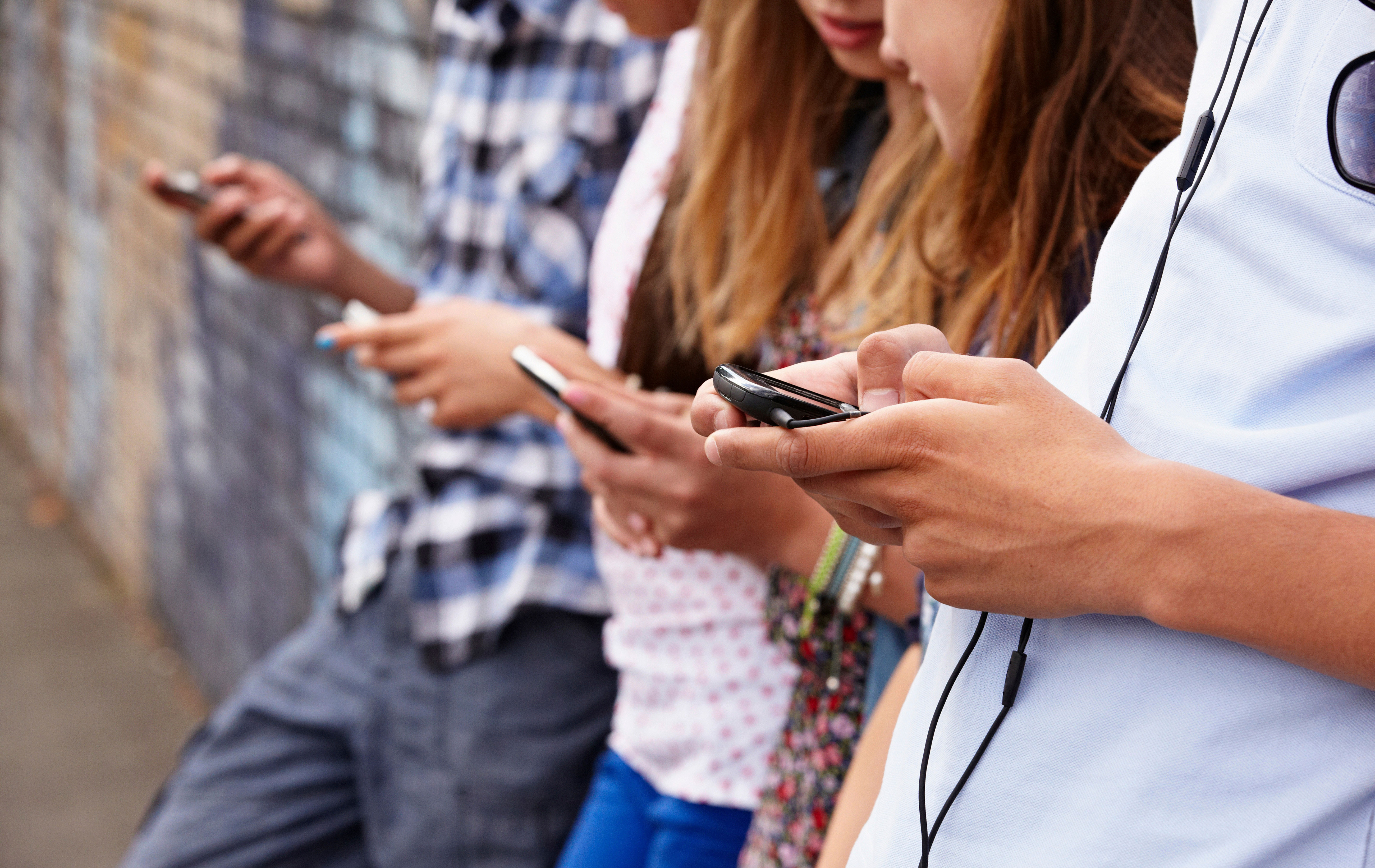Puberty in girls and boys: How to help your kids deal with puberty
Find out how to help your child when they hit puberty...

Puberty in girls and boys can be very different and it's often an emotional and turbulent time in their lives.
If you're dreading your child reaching puberty or are already going through an awkward time with your developing teen read our tips on how to help them.
In this article we explain how puberty in girls and boys differs including what's going on their body and the physical and emotional changes they're going through and how you can help them.
What is puberty?
We're sure you remember what puberty was like... A release of hormones causes changes in the body and the reproductive organs develop. You'll notice physical changes in your child - they'll get suddenly taller, girls develop breasts and start their periods and boys will develop a deeper voice.
The hormones also cause psychological changes - which means your child is likely to be more moody and feel more self conscious of their body.
Puberty in girls: Physical changes

Most girls start puberty between ages 8-13, but the average age is 11. There's lots of variation and all girls mature at different rates. If your daughter is starting puberty before or after her friends, don't be be worried.
Girls tend to start puberty earlier than boys and they reach full maturity within 4 years. See your doctor if your daughter starts puberty before she's 8, has shown no signs of puberty by the time she's 14 or hasn't started her period by the time she's 16.
Parenting advice, hot topics, best buys and family finance tips delivered straight to your inbox.
The stages of puberty in girls:
Early puberty
Your daughter's height will start to increase by as much as 5-6cm per year and their breasts will start to develop. Their nipples may swell slightly and their ovaries start to grow. It's also normal for some pubic hair to start to grow and your daughter may notice more hair on her legs and arms.
Main puberty stage
Girls' breasts continue to grow and become fuller. It could be a good idea to take your daughter bra shopping so that she is fully prepared!
Pubic hair becomes coarser and curlier and underarm hair starts to grow. They're growing at the fastest rate now - up to 8cm per year. Girls usually reach this stage when they're over 12. Some girls might develop hair in other areas of their body such as on their top lip. This is completely normal and it's important to explain this to your daughter.

Girls often start to sweat more and are likely to develop acne. They will experience a growth spurt of between 5 and 7.5cm a year for the next two years until they reach their adult height.
This will continue for a year or so after the first signs of puberty emerge and for the next couple of years. After two years of puberty your daughter will probably have her first period.
Before your daughter starts her period it is worth having a chat to avoid any shock when it arrives!
If you're nervous about starting a conversation, use opportunities like tampon adverts on the television as an opener to gauge how much she knows already.
Open, honest, regular discussion is the best way to avoid any embarrassment and to break the taboo around the subject.
Girls often put on more weight during this period which is completely normal. Their body shape will change and they will develop more fat along their arms, thighs and back. Your daughter's waist is likely to get smaller while her hips will grow rounder.
Final stage of puberty in girls
After about four years the process of puberty in girls will be almost finished. Your daughter's breasts will become more adult-like and public hair will have spread to the inner thigh. Genitals should be fully developed and girls will stop growing taller.
Puberty in boys: Physical changes

Boys tend to hit puberty a bit later then girls - and their development takes longer. Most boys will begin puberty when they're between 10-15 years old, although the average age is 12. It usually takes them 6 years to reach full maturity.
All boys develop at their own rate - so don't panic if your son seems to be developing earlier or later than his friends.
See your doctor if there is no sign of testicular development by the time they are 14, or if they started puberty more than 5 years ago but the penis and the testicles haven't reached full adult development.
The stages of puberty in boys:
Early puberty
Boys start to get taller and they will notice that their testicles are getting bigger. Their scrotum begins to get thinner and might be more red in colour. Boys will also start to notice pubic hair growing at the base of their penis.
Main puberty stage
After a year or so of the first signs of puberty emerging, your son will experience more changes. This will continue for the next couple of years.
Boys can expect their penis grows and lengthen - testicles continue to grow and may darken in colour. Pubic hair becomes thicker and curlier and hair may start to grow under their arms.
As with girls, boys will experience a growth spurt of on average 7-8cm a year. They'll start to sweat more, will probably develop acne and their breasts will swell slightly but this is completely normal.
You son's voice will get deeper and they might have wet dreams (involuntary ejaculations of semen as they sleep).
Final stage of puberty in boys
After about four years the process of puberty in boys will be almost finished. Their genitals will look more adult-like and pubic hair will be in their inner thigh. It's also likely you son will be interest in shaving as facial hair will begin to grow.
Boys will stop getting taller aged around 16 but they may continue getting more muscly. By 18 boys will have reached full maturity.
Puberty in girls and boys: Emotional changes

Probably the most worrying thing for your child during puberty is the emotional changes they experience, rather than the physical changes to their bodies. Hormones are racing through them and they start to feel more moody, self-conscious and even aggressive.
Trying to talk to them can seem difficult - you don't want to embarrass them and make them withdraw, but with the right approach you can really help them.
Sue Atkins is a parent coach and the author of Raising Happy Children for Dummies, creator of positive-parents.com and the parent and teenager toolkit. Here, Sue gives her advice on giving emotional support to your child during puberty:
When to start talking about puberty
'Start when it feels natural - lots of parents feel shy talking about puberty. Take the lead from your kids - if they ask you a question then answer it appropriately to their age and maturity. Then they don't grow up frightened or embarrassed because it's more natural.'
Mood swings
'During puberty, kids are maturing mentally and becoming more free thinking. They don't necessarily understand their mood swings. You can talk to them about it and tell them that it's normal, but have boundaries so they know they can't just throw a strop and make everyone's life hell.
'Try to be understanding if your child is throwing a strop. A simple technique is when you're away from them, write their name down on a piece of paper and stand on it. Then put yourself in your child's shoes and finish these sentences: 'I think/see/feel...'. I use this technique in my workshops a lot, it's a very simple but very useful way of getting an insight.
'You might find that they feel they're not being listened to or they're not being allowed to be independent.'
Allowing independence
'Be more observant of your own behaviour and your child's behaviour and try to be objective so you can adapt and be more flexible.
'Give your son or daughter choices so they feel like they have control, for example say: 'You can go out till 10pm and I can pick you up, or you can get a taxi home - but you're coming home at 10pm' - teenagers want to feel that they're being respected as adults.'
Talking about embarrassing issues
'It's down to you how you talk to them about things - your kids will take their cues from you. If you find it stressful to talk about embarrassing things then they will too.
'Don't pretend it's not happening - the days when nobody talks about puberty and sex are over. Kids are clued in now, they know the facts on puberty from school - you can put the emotional part in and pass on your values about sex and relationships.
'Don't feel you have to pick a time to have a talk about the birds and the bees - let them bring things up and be natural and compassionate.'
How puberty makes you feel
'If you think puberty will be difficult and your child will turn into Kevin and Perry, it will. They'll take their lead from you and your attitude. It's going to be a change and you'll need to be more flexible, but life is all about transition and change. Keep an open mind and try to build bridges.'
Do you have any tips you'd like to share on how to help children when they go through puberty? Head over to our Facebook page to join the conversation!